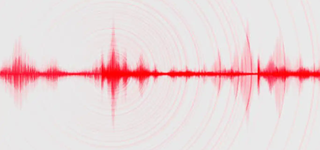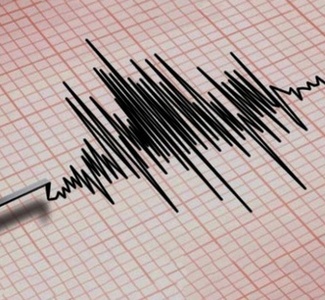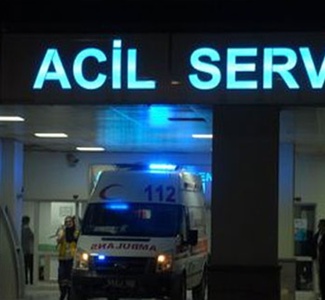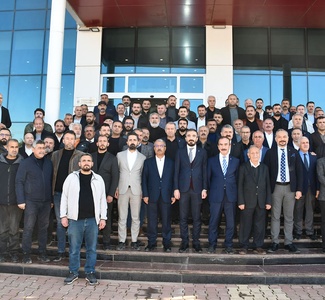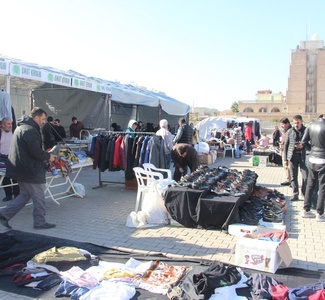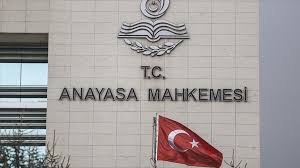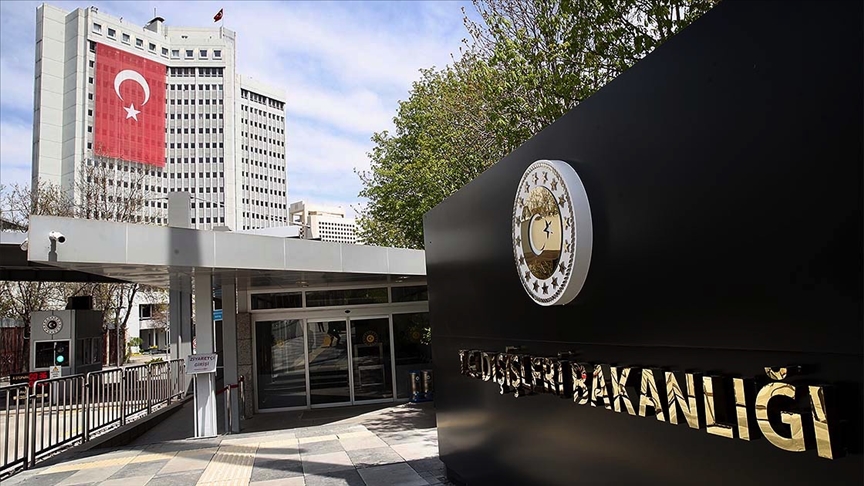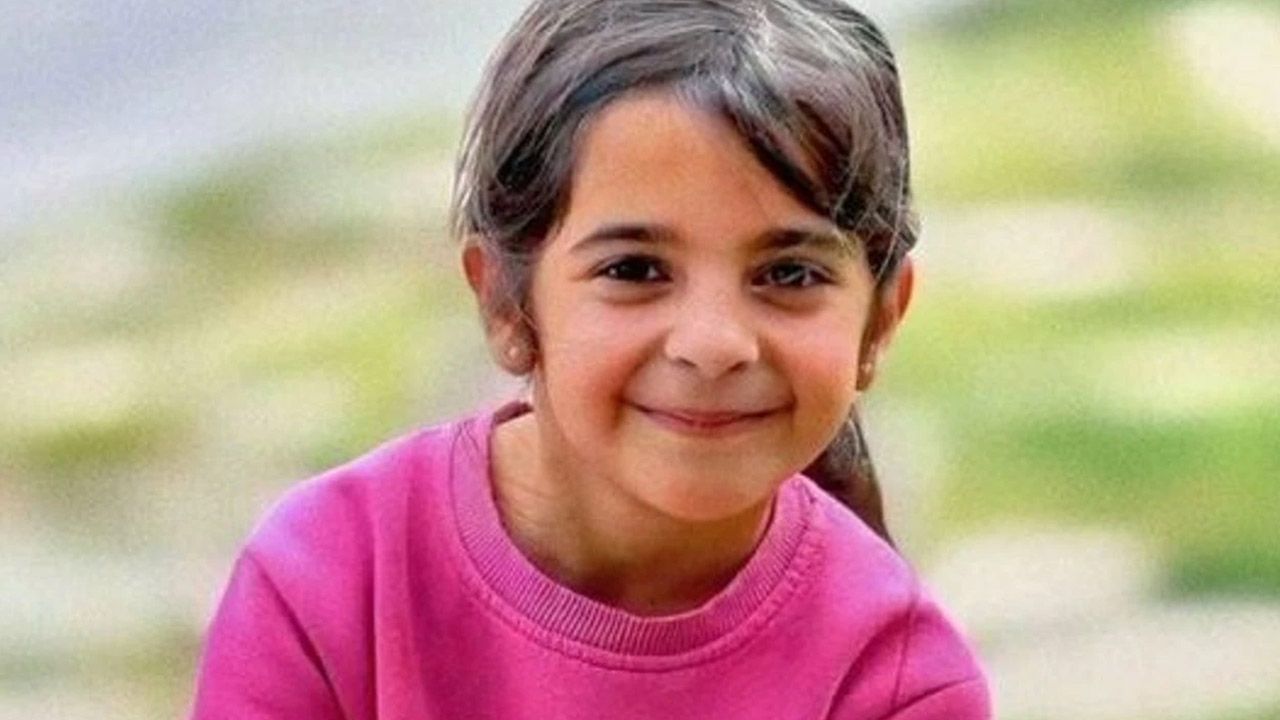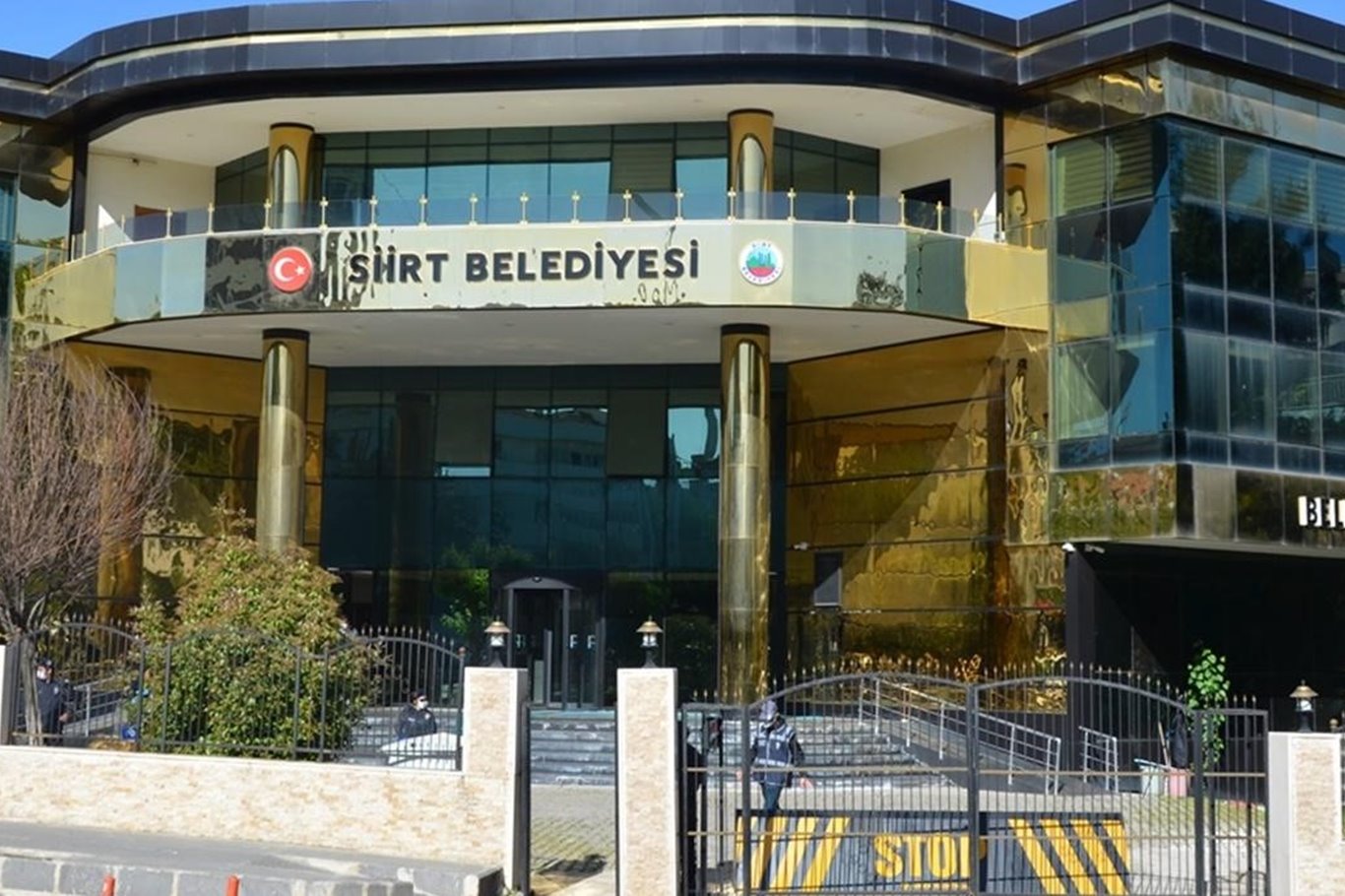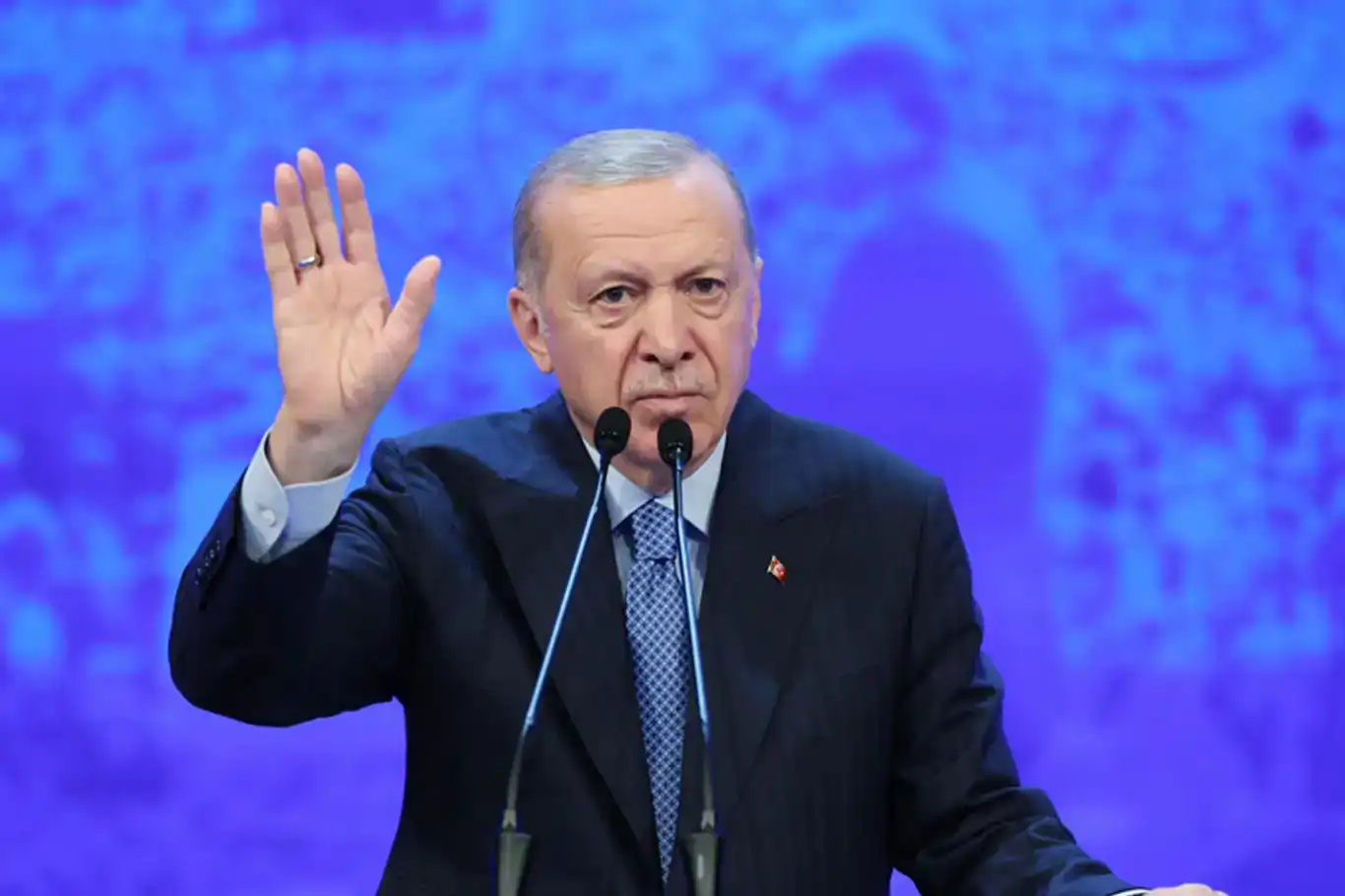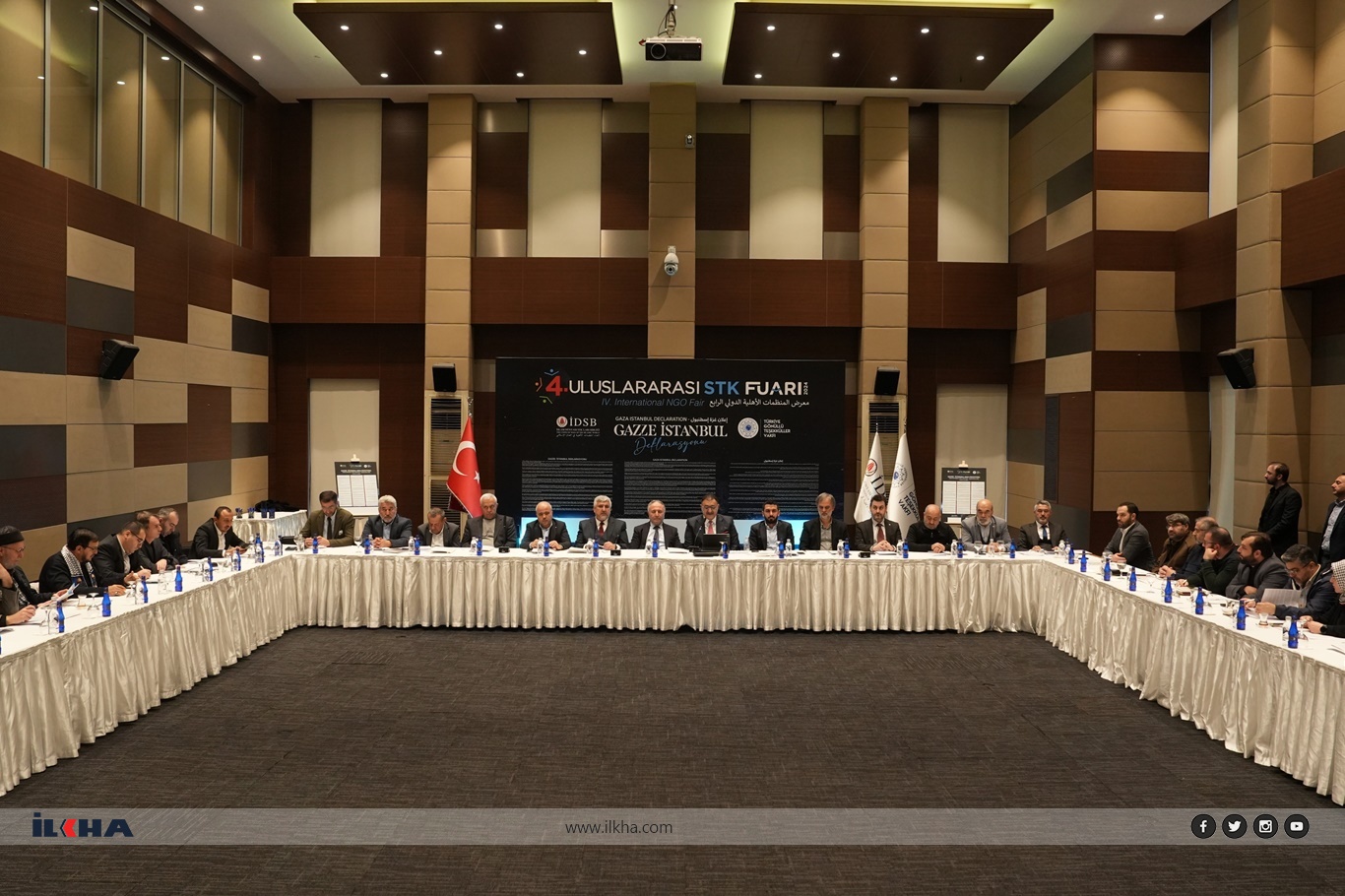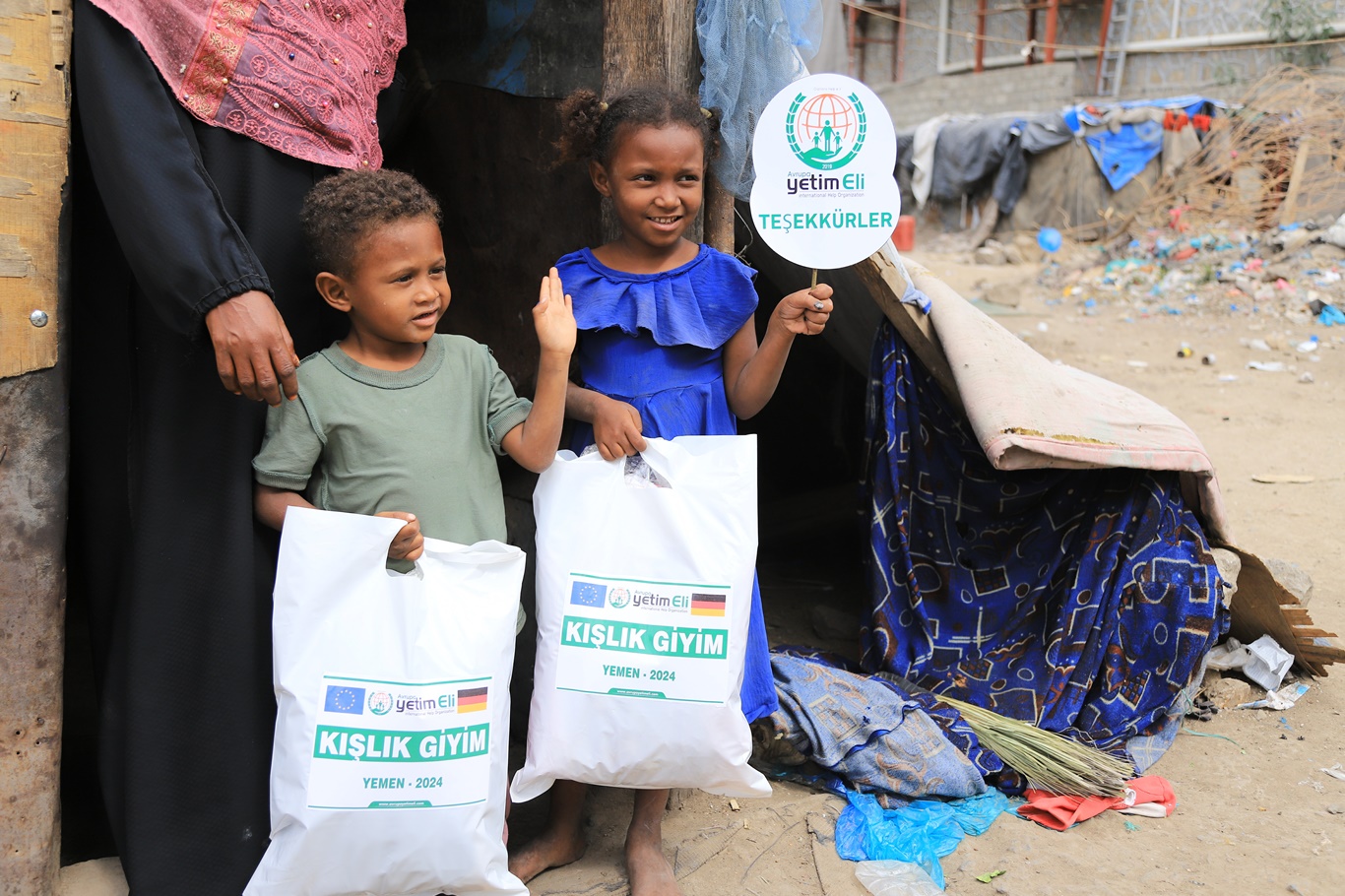Singapore introduces new measures to combat mpox outbreak
Singapore Ministry of Health (MoH) on Wednesday announced new measures, including detection, monitoring, isolation, and vaccination, against mpox Clade I cases.
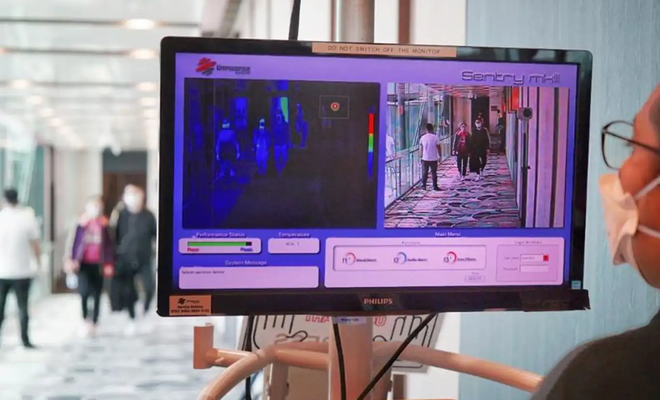
 Google News'te Doğruhaber'e abone olun.
Google News'te Doğruhaber'e abone olun. New measures include 21 days of quarantine of close contacts of Mpox Clade I cases at a designated government health facility. MoH urged medical practitioners and health facilities to be more cautious in detecting, diagnosing, and reporting new cases.
Clade I and II are two distinct clades of the monkeypox virus (MPXV) responsible for transmitting Mpox viral disease, with Clade I being more severe.
According to the MoH, all suspected Clade I cases will be isolated in designated hospitals for additional evaluation and testing until test results are available. Individuals who have been confirmed to have tested positive for Clade I will remain isolated in healthcare facilities until they are noncontagious. The case’s close contacts will be quarantined in a government-designated quarantine facility for 21 days, which is consistent with the incubation period of the disease in Africa.
MoH acknowledged that there are currently no approved treatments for mpox infections; however, supportive care will be administered to alleviate symptoms and prevent complications.
The Ministry stated that monkeypox is mostly spread through close physical contact, so wearing a mask is not among the recommendations.
Singapore has introduced temperature and visual screening at airports and sea checkpoints for passengers and crew members arriving from areas affected by monkeypox.
The government will offer the JYNNEOS vaccine to health workers at risk of exposure to the disease for additional protection, but it is not currently recommended for the general population.
On August 18, the World Health Organization (WHO) declared mpox a “public health emergency.” The disease typically presents with blister-like rashes and fever and can lead to serious complications or death in medically vulnerable individuals. In Singapore, there have been 14 confirmed cases of mpox, all involving the less severe Clade II variant, with no cases of the more severe Clade I reported. (ILKHA)






























